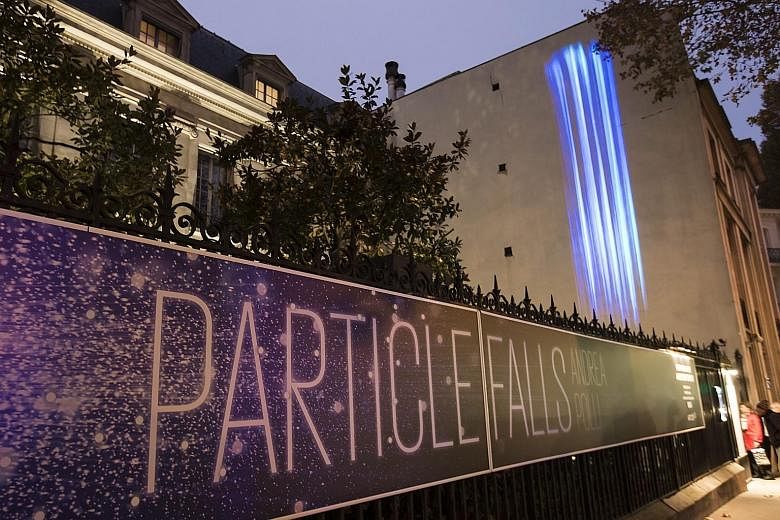PARIS • More than 60 environment and energy ministers, tasked with inking a global pact next month to rein in climate change, began meeting in Paris yesterday, seeking to narrow political rifts.
Minister for Foreign Affairs Vivian Balakrishnan was in attendance at the informal ministerial meeting on climate change, convened by the incoming French Presidency of the 21st Session of the Conference of Parties to the United Nations Framework Convention on Climate Change (COP-21), according to a Ministry of Foreign Affairs press statement.
The meeting is being held as part of the preparations for COP-21, which will take place in Le Bourget, France, from Nov 30 to Dec 11. Among the outcomes expected at COP-21 is a new global climate agreement which will succeed the Kyoto Protocol after 2020.
Dr Balakrishnan was accompanied by officials from the Ministry of Foreign Affairs.
The three-day gathering comes days after the UN issued a fresh warning that current carbon-cutting pledges go nowhere near far enough to prevent dangerous levels of global warming.
The COP-21, set to be opened by about 100 heads of state and government, including United States President Barack Obama, China's President Xi Jinping and Prime Minister Narendra Modi of India, is meant to deliver the first-ever universal climate rescue pact.
But first, ministers need to zoom in on some of the divisive political issues that have been holding back progress. They will base their discussions on a rough draft of a deal compiled by rank-and-file diplomats over years of tough negotiations in the UN climate forum.
The last round of technical negotiations in Bonn last month saw squabbles along well-rehearsed fault lines of developed versus developing nations. Developing countries insist rich ones should lead the way in slashing emissions because historically, they have emitted more pollution.
Developing nations also want assurances of financing to make the shift from cheap and abundant fossil fuel to more sustainable energy sources, and to shore up defences against climate change-induced drought, superstorms, floods and sea-level rise.
But industrialised countries point the finger at emerging giants, such as China and India, spewing carbon dioxide as they burn coal to power expanding populations and economies. These crux issues must ultimately be settled at the political level.
France's top diplomat, Mr Laurent Fabius, who will preside over the year-end summit, said on Saturday there were "objective reasons" for anticipating success. Chiefly, "the phenomenon (of climate change) has strengthened, and awareness along with it", he told Europe 1 radio.
The three-day preparatory meeting was the third such ministerial round in Paris this year, and will tackle make-or-break issues such as burden-sharing for slashing emissions and climate finance.
The overarching goal is a global pact on curbing emissions to limit average Earth warming to 2 deg C over pre-Industrial Revolution levels.
AGENCE FRANCE-PRESSE

